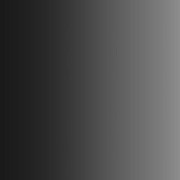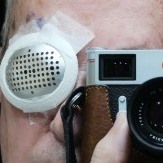Taking notes on film
-
Recently Browsing 0 members
- No registered users viewing this page.
-
Similar Content
-
- 2 replies
- 210 views
-
- 2 replies
- 590 views
-
- 17 replies
- 1,833 views
-
- 164 replies
- 4,459 views
-
- 36 replies
- 2,854 views
-





Recommended Posts
Join the conversation
You can post now and register later. If you have an account, sign in now to post with your account.
Note: Your post will require moderator approval before it will be visible.